As the 25th anniversary of this venerable survival horror series, 2021 is a big year for Resident Evil. From the release of new games to new multimedia ventures on Netflix and the big screen, Capcom has gone all out to celebrate the occasion. With all this attention on Resident Evil — especially with the recent release of Resident Evil: Village — what better time than the present to rank the 11 mainline Resident Evil games from worst to best.
Resident Evil 6
Release: 2012
With 7.7 million units sold, Resident Evil 6 ranks among Capcom’s best-selling games of all-time. However, commercial success doesn’t always equate to a good game.
When first announced, Resident Evil 6 felt like the culmination of every game leading up to it. It looked to tie up story beats introduced way back in the first entry, bridge the gap between the series’ survival horror roots and the action focus of later titles, and address long-standing criticism with the series — namely the inability to shoot while moving. Unfortunately, what players got was a mess.
While Leon’s campaign had some survival horror elements sprinkled throughout, Resident Evil 6’s multiple campaigns all focused on comical levels of action. Despite focusing on different types of action, Capcom’s attempt to appease everybody just left each campaign feeling undercooked. Moreover, this doubling down on action and de-emphasis of horror alienated series fans.
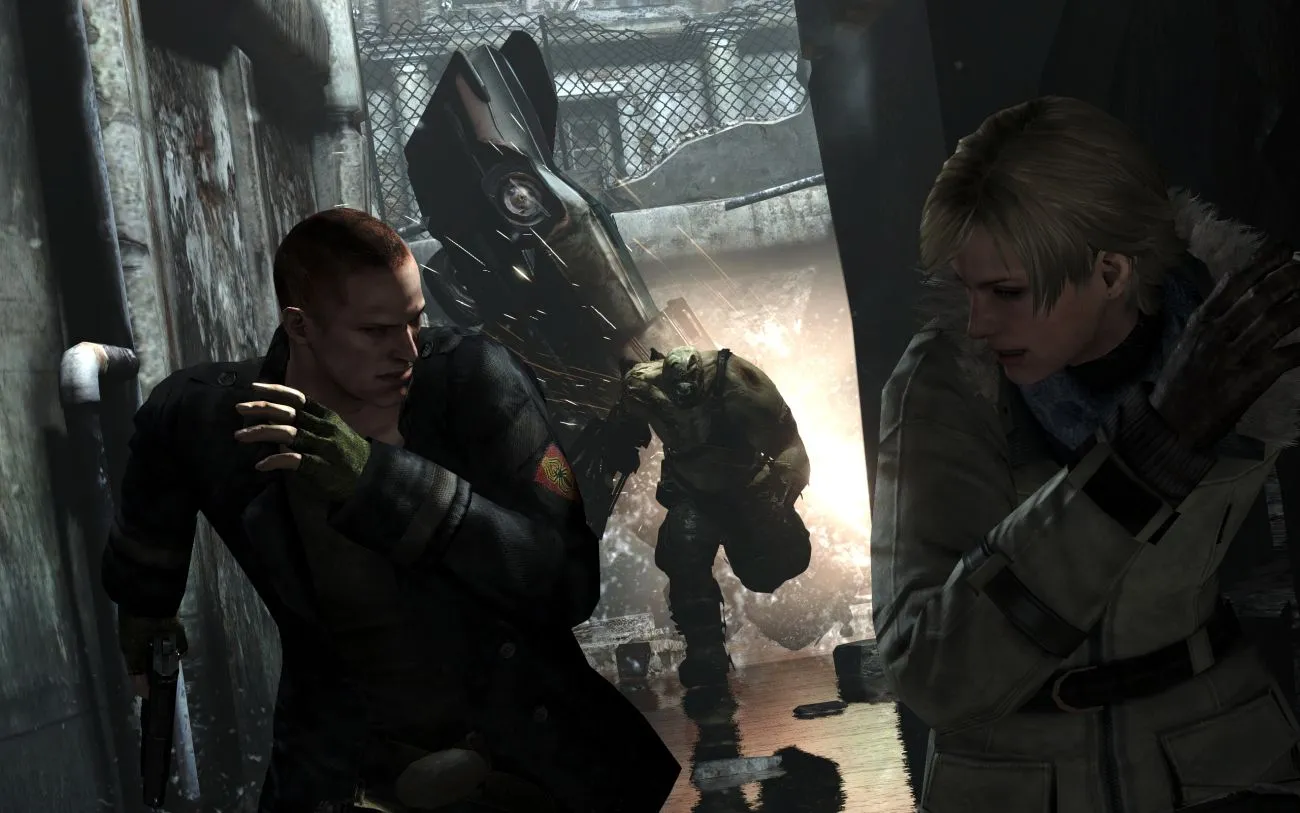 Capcom
CapcomResident Evil: Revelations 2
Release: 2015
To be honest, Resident Evil: Revelations 2 is your run-of-the-mill Resident Evil game. While that is certainly welcomed when coming after the much-maligned Resident Evil 6, the game does little to stand out from the pack.
Revelation 2’s defining feature is its episodic story structure. Taking a page from Telltale adventure games popular at the time, the game initially released as four weekly episodes. This episodic structure makes it the most digestible entry in the series.
However, Revelations 2 stumbles in trying to inject some horror into its action-focused gameplay. At certain points in the game, you will take control of characters that can’t defend themselves. While this injects some tension into the proceedings, it is superficial at best.
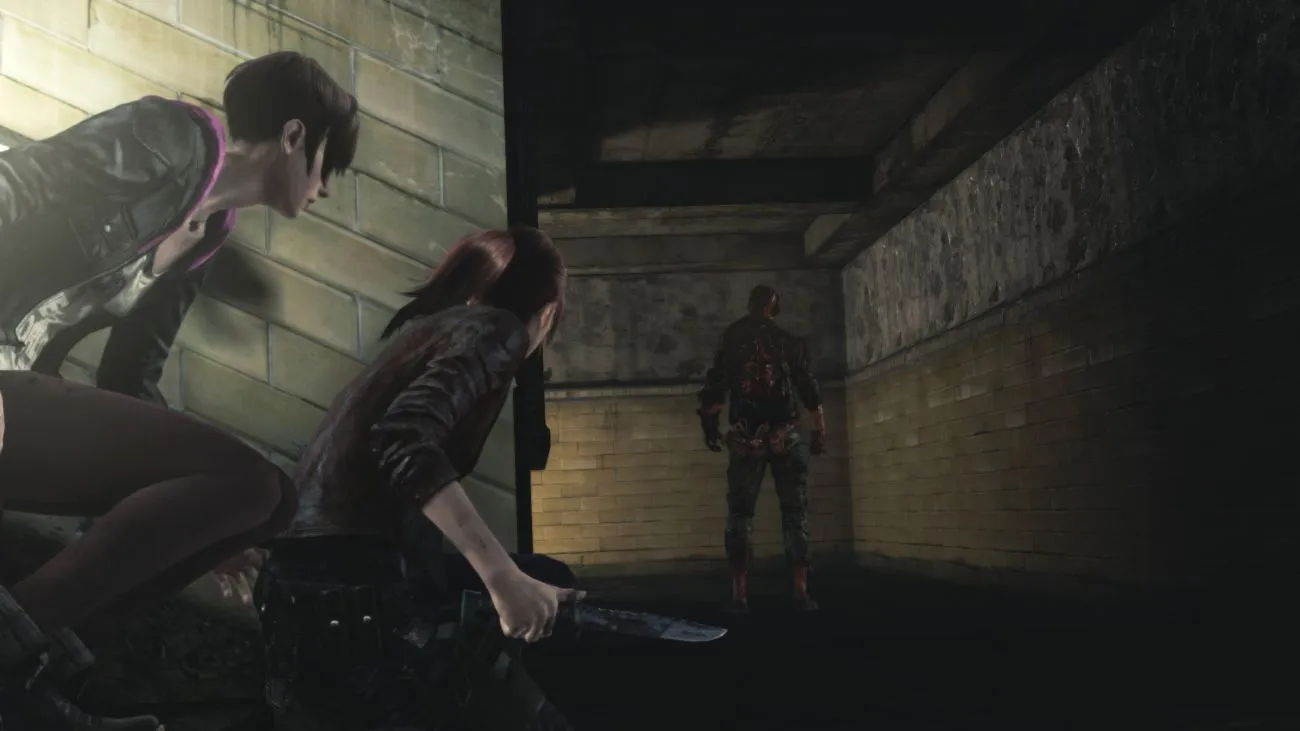 Capcom
CapcomResident Evil Zero
Release: 2002
Resident Evil Zero falls in a peculiar place in the series history. After four games and a remake, many were tiring of the series’ core gameplay — mainly, the tank controls and methodical pacing. Unfortunately, Capcom wasn’t ready to make major changes to series conventions. As a result, Zero is a perfectly competent Resident Evil yet completely forgettable.
Despite this, Resident Evil Zero did pioneer the dual character system that would become the crux of many future games in the series. This system gave a new dimension to puzzles as each character came with a unique set of skills. On the flip side, this new system, combined with the lack of boxes to store extra items in, made inventory management a nightmare.
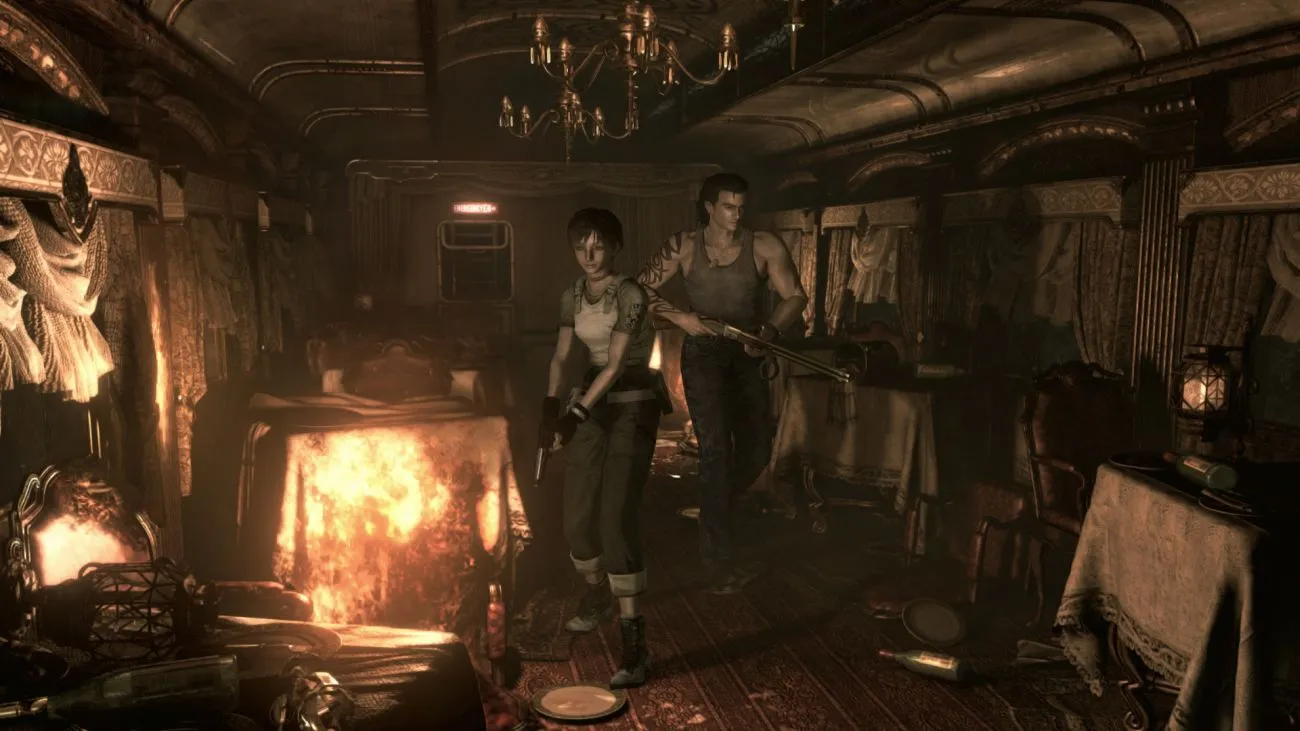 Capcom
CapcomResident Evil — CODE: Veronica
Release: 2000
Back in 2000, Resident Evil — CODE: Veronica was the peak of classic Resident Evil.
Although it was missing some gameplay improvements from Resident Evil 3, CODE: Veronica upped the presentation tenfold. From the bombastic cinematics to fully 3D environments, the game was a sight to behold. Due to the 3D environments, the camera was able to transition between angles more seamlessly — a first for the series.
Unfortunately, by today’s standards, CODE: Veronica is dated. While some may be able to look past these shortcomings as a product of their time, just be aware that one’s enjoyment with this game may vary due to them.
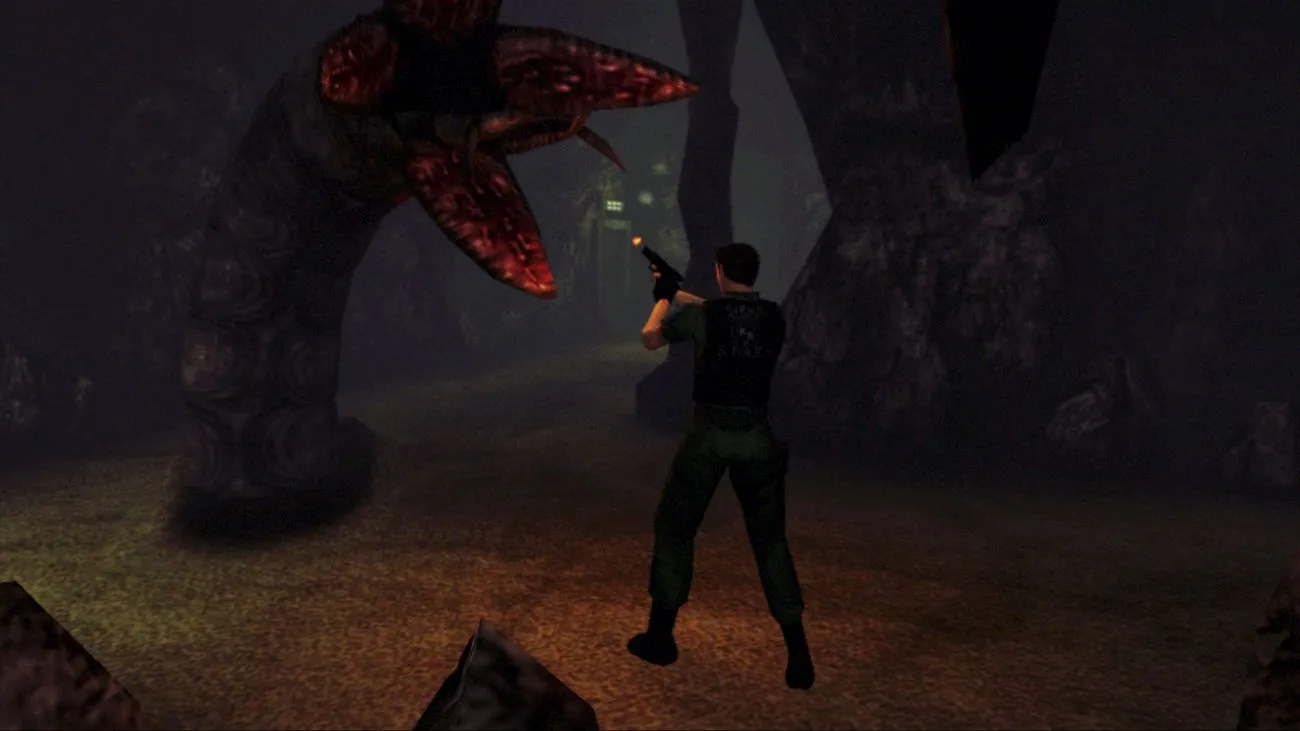 Capcom
CapcomResident Evil 5
Release: 2009
Let’s immediately get this out of the way: Resident Evil 5 is a good game. The gameplay builds on the superb third person shooting of its predecessor. The graphics stand with the best of its generation. Better yet, you can play the entire game with a friend. In fact, many people herald Resident Evil 5 as one of the best co-op games ever made.
However, Resident Evil 5 serves as the game where the series emphasized action over horror. To be honest, it’s hard to build tension and dread when the game pushes players from one Michael Bay-esque action set piece to the next.
On top of the much-maligned shift to action, the story is an absolute mess. Although Resident Evil’s narrative was never a masterful work of video game writing, Resident Evil 5 takes it to the point of self-parody. From making series antagonist Albert Wesker into just another mutated monster to Chris Redfield infamously punching a boulder, it’s safe to say that this game is when the series jumped the shark.
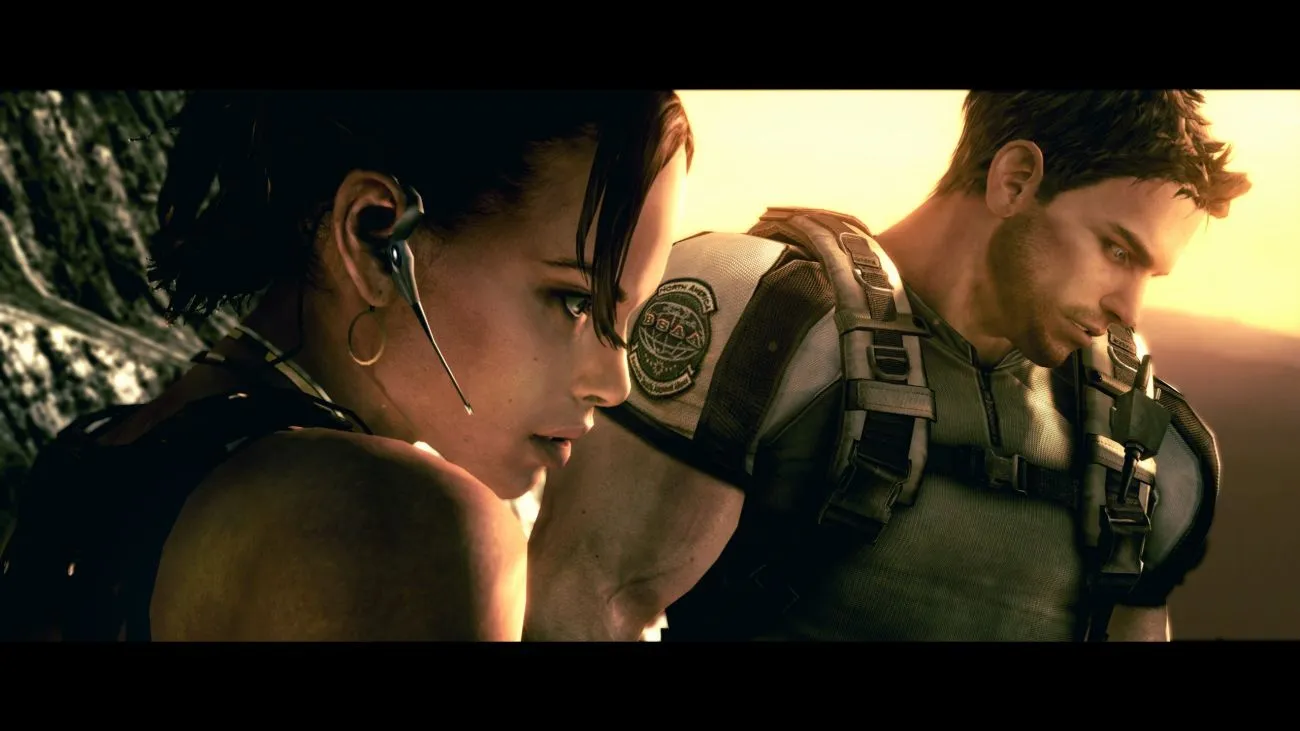 Capcom
CapcomResident Evil 3: Nemesis
Release: 1999 (Original), 2020 (Remake)
Originally intended as a lower budget spinoff, Resident Evil 3: Nemesis is a stunning achievement in ingenuity.
While the re-use of assets and mechanics may make it seem derivative of its predecessors, Resident Evil 3 iterates in other areas. For instance, movement is much more responsive thanks to the addition of a dodge and 180-degree turn.
Resident Evil 3’s biggest feature is its titular enemy, Nemesis. Unlike other enemies in the game, the near-invincible Nemesis will pursue players between rooms and can kill them instantly if caught. It’s a combination that haunts many a fan of the game to this very day.
In trying to modernize Resident Evil 3, the 2020 remake, unfortunately, replaces the original’s methodical pacing and constant threat of Nemesis for linear level design and scripted action movie-like segments. While the remake is still a solid game, its less faithful take on the story and gameplay is a sticking point for many.
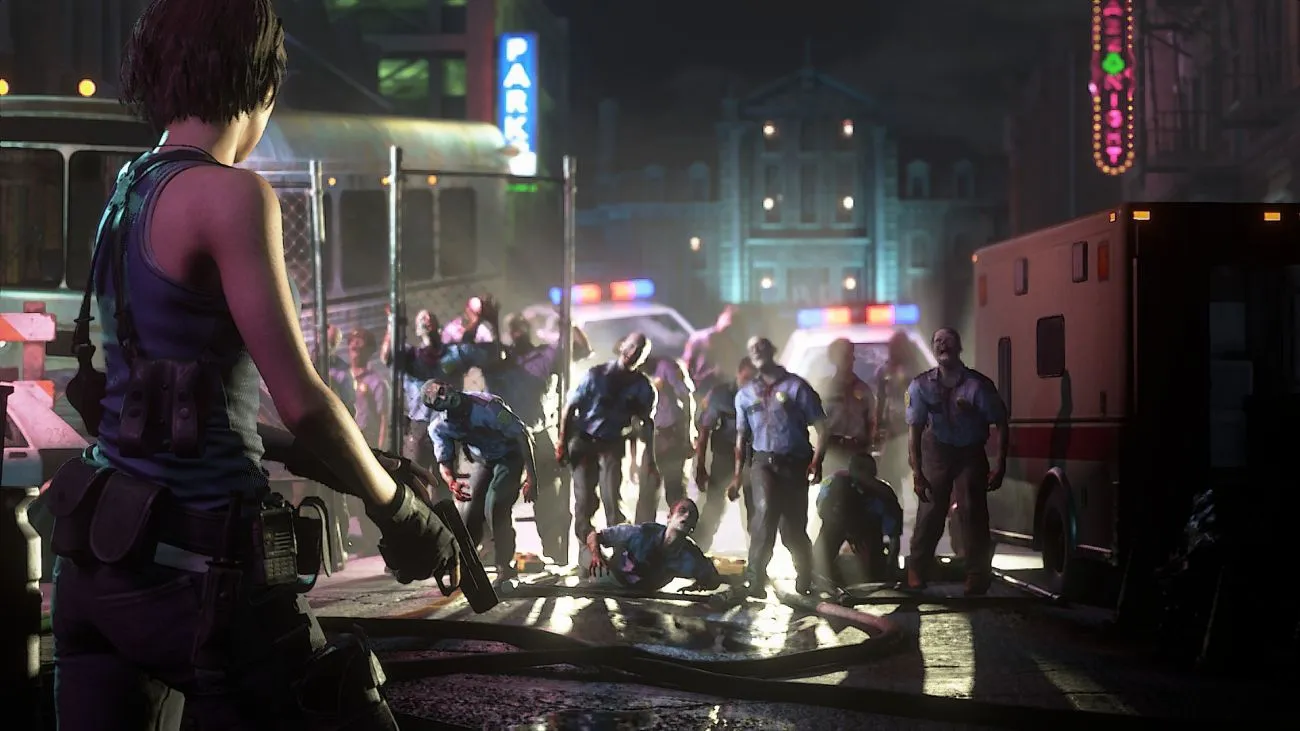 Capcom
CapcomResident Evil: Revelations
Release: 2012
Considering it first released on the 3DS, Resident Evil: Revelations might not seem as impressive as its predecessors. For instance, the graphics and controls, while great on a portable device, seem blown up and restrictive when played on console or PC. However, to focus on these problems is selling Revelations short.
Revelations is the best of both worlds. It has the improvements to gameplay and camera placement that came with the series’ move to action, while putting a greater focus on survival horror through its dark, decrepit environments and ammo scarcity. Plus, the shorter episodic chapters — with full TV-like recaps at the beginning of each — makes Revelations one of the most approachable entries in the series.
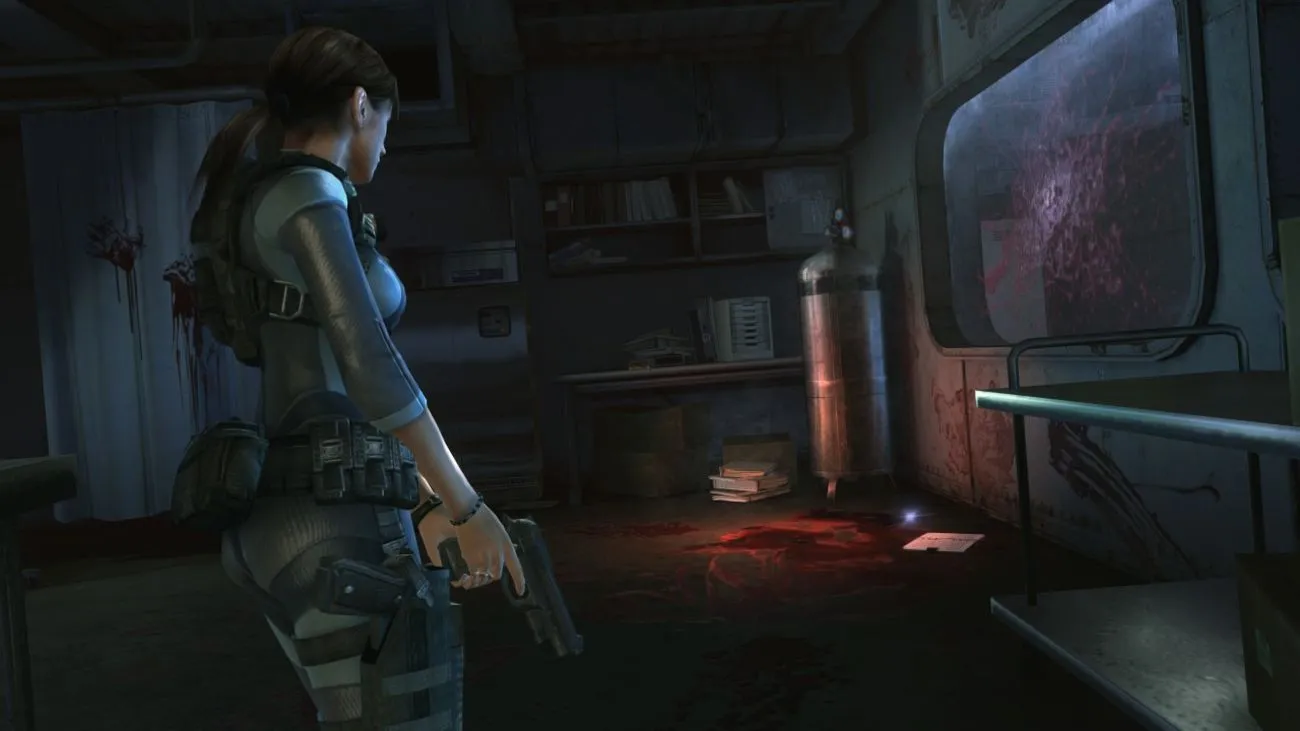 Capcom
CapcomResident Evil
Release: 1996 (Original), 2002 (Remake)
There’s a reason that the original Resident Evil went on to spawn an entire franchise. Not many games were able to capture the intense atmosphere and suffocating tension of a horror movie before this PS1 classic. Add in the grotesque monster designs and realistic graphics — by 1996 standards — and Capcom had a certified hit.
However, time has not been kind to the original Resident Evil. By today’s standards, the muddy visuals look rudimentary, and the tank controls are just frustrating.
Fortunately, Capcom remade this classic in 2002 for the Nintendo GameCube. The Resident Evil remake is lauded for its additions to the original game. The graphics see a much-needed improvement, new areas are added to the Spencer Mansion, and there’s a brand-new side story to experience. Moreover, later ports would even update the controls to be more in line with modern third-person shooters.
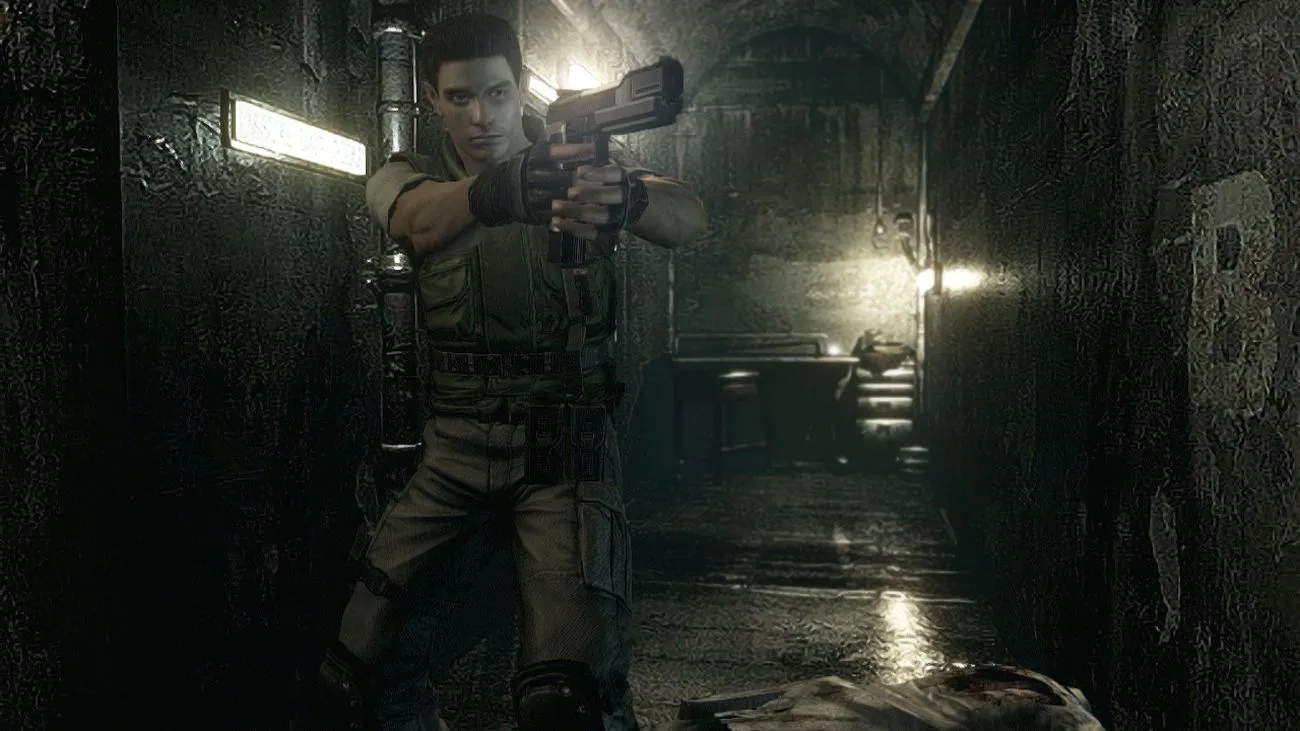 Capcom
CapcomResident Evil 7: Biohazard
Release: 2017
Despite a greater focus on horror, Resident Evil 7: Biohazard was quite the gamble. Outside of some much-maligned spinoffs, Resident Evil avoided using first-person. As such, the change from its traditional third-person camera to a first-person camera was seen as a major departure.
Fortunately, the gamble paid off. In fact, Resident Evil 7 received much praise for its bold new direction. On top of the change in perspective, this new direction included ousting the series’ grander plot and conventional design for a smaller narrative, slower pacing, and an intimate setting. Plus, the game made excellent use of VR — something you rarely see in AAA games.
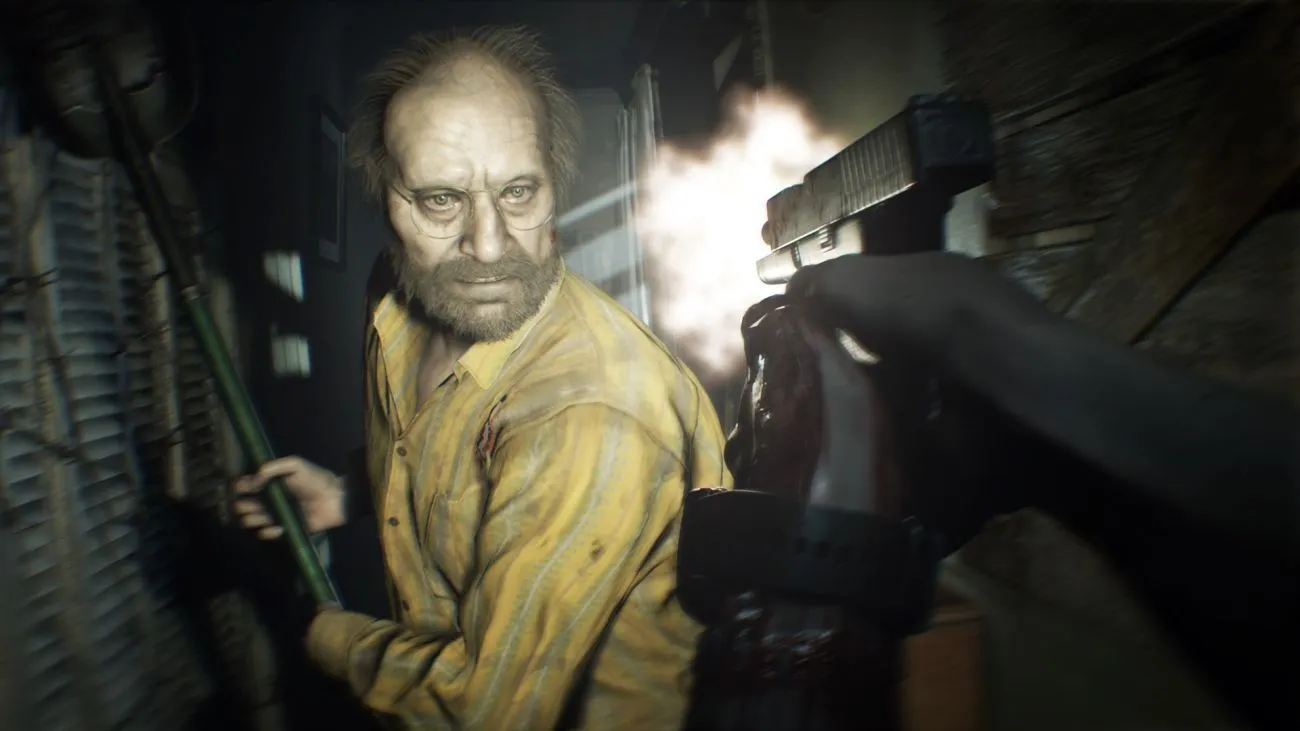 Capcom
CapcomResident Evil 2
Release: 1998 (Original), 2019 (Remake)
Resident Evil 2 is what every sequel strives to do: expand on the original in new and creative ways. Instead of the claustrophobic corridors of the Spencer Mansion, players could explore the varied locations of Racoon City. Rather than one set story with the actors changing based on which protagonist that player chooses, each protagonist has their own campaign that directly affects the other.
While Resident Evil 2 does a better job of standing up to the test of time than its predecessor, the PS1 original still gets overshadowed by its modern remake. From the graphical overhaul to the addition of a third-person over-the-shoulder camera to making Mr. X a constant threat throughout the game, the 2019 remake is certainly the best way to play this highly rated entry in the series.
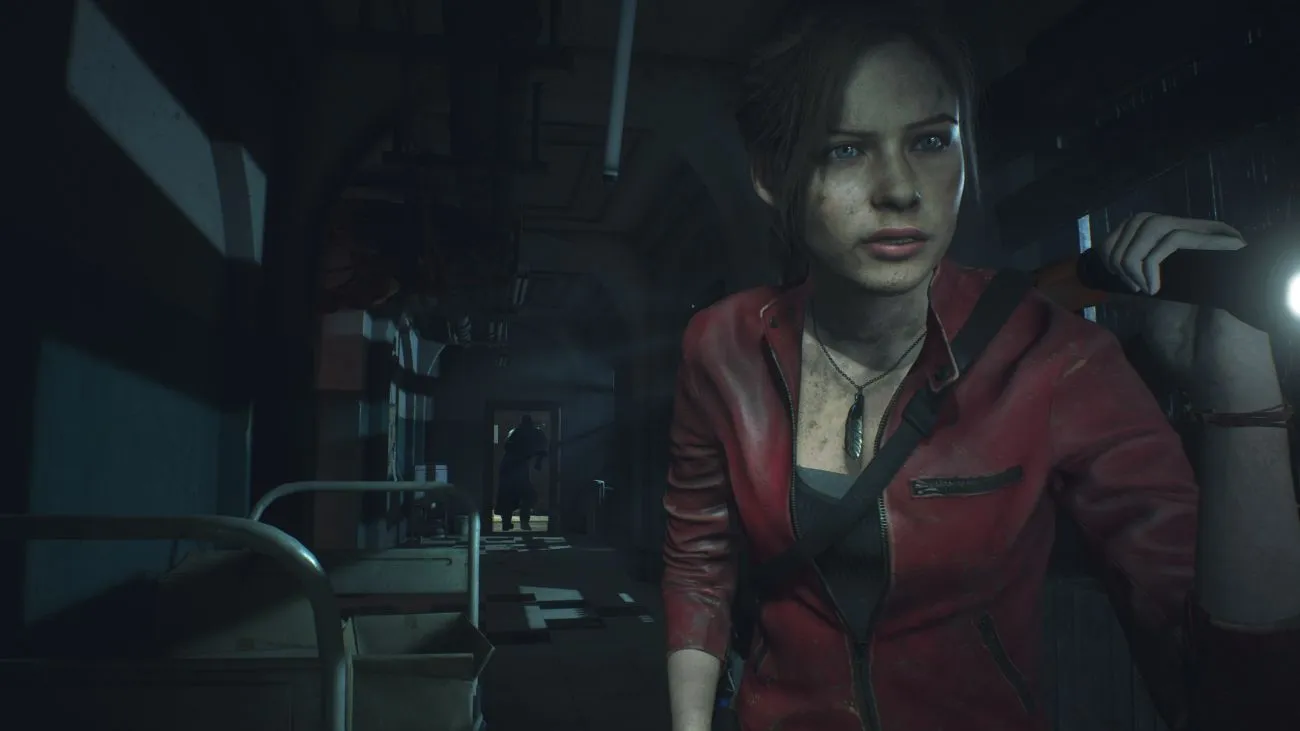 Capcom
CapcomResident Evil 4
Release: 2005
There’s no surprise that Resident Evil 4 would be at top of this or any other ranking. The fourth numbered entry in Capcom’s flagship horror franchise is a certified classic. However, if you take a look at the game’s long and troubled development, it’s a miracle that we got one of the greatest games of all-time at all.
Resident Evil 4 single-handedly revitalized the series by moving the camera from fixed angles to over-the-shoulder of protagonist Leon S. Kennedy. Moreover, the injection of action set pieces — before Capcom would run them into the ground in subsequent sequels — introduction of smarter enemies in the Los Ganados, and tighter third person shooting all came together to make a perfectly paced horror experience.
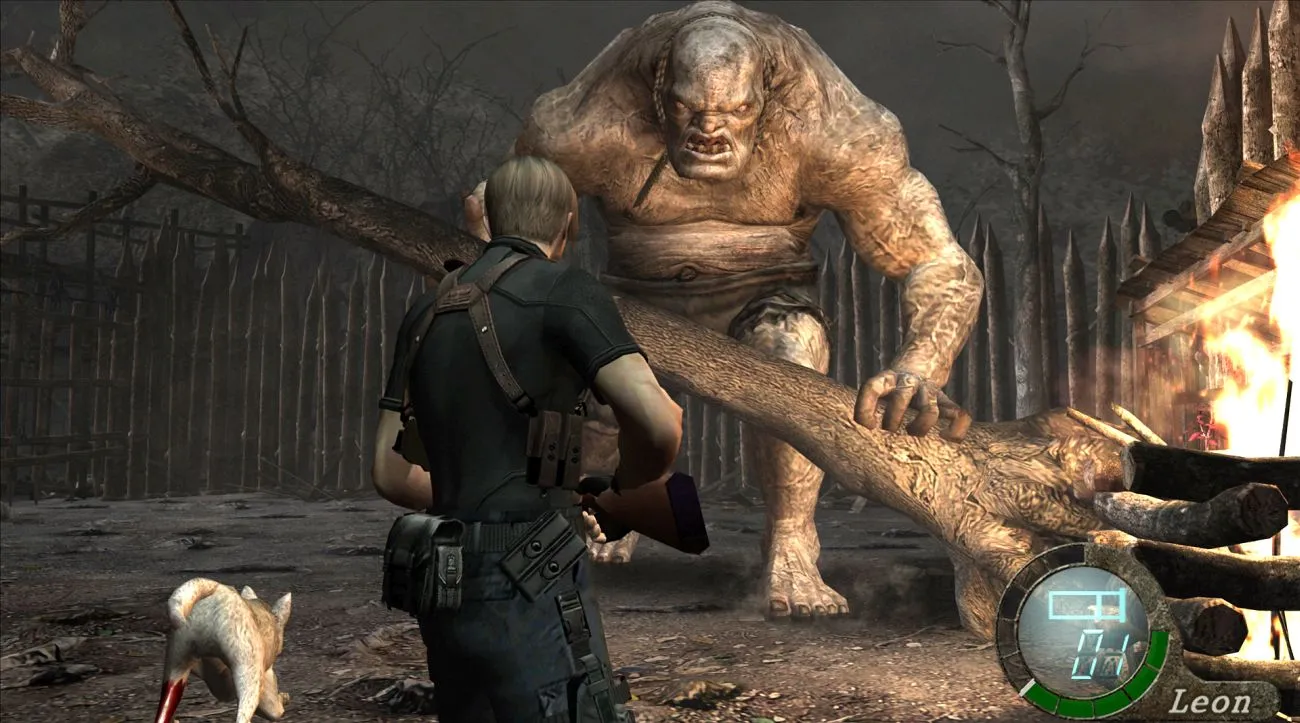 Capcom
Capcom